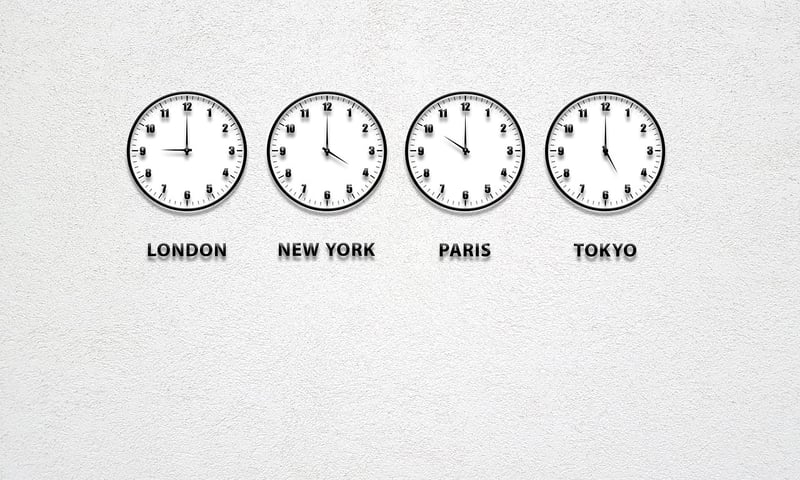Future Time Zones
Navigating Temporal Landscapes and Future Time Zones
Time zones are an essential aspect of our daily lives, helping us synchronize activities across different regions. As we move towards the future, the concept of time zones continues to evolve, influenced by technological advancements and societal needs.
The Importance of Time Zones
Time zones were established to standardize timekeeping across the globe. This system divides the world into longitudinal zones, with each zone representing a specific offset from Coordinated Universal Time (UTC). By following time zones, we can coordinate schedules, transportation, and communication efficiently.
Evolution of Time Zones
Technological progress and globalization have led to the optimization of time zones. Countries have occasionally adjusted their time zones to enhance productivity and reduce energy consumption. Additionally, advancements in digital communication have made it easier to schedule meetings and events across different time zones.
Future Time Zones
As we look ahead, the concept of time zones may continue to evolve. With space exploration and potential colonization of other planets on the horizon, the idea of interplanetary time zones may become a reality. Imagining a future where humans inhabit Mars or beyond raises questions about how time will be structured in such environments.
Adapting to Future Time Zones
Adapting to future time zones will require flexibility and innovation. Technologies such as artificial intelligence and blockchain may play a role in synchronizing activities across multiple time zones seamlessly. Embracing these advancements can help us navigate the temporal landscapes of tomorrow.
Conclusion
Time zones are not just about telling time; they are about organizing our lives in a connected world. By understanding the importance of time zones and staying open to future possibilities, we can navigate the evolving temporal landscapes with ease.

Explore the mysteries of time and space as we journey towards the future!
For more information on time zones and future technologies, visit Time and Date.
